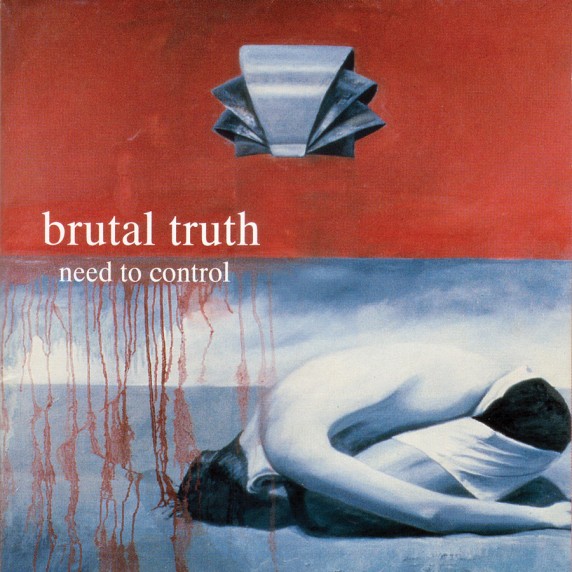One of the mystical and powerful characteristics of the Bible is its ability to reveal the truth about both humanity and one’s self in its stories. The struggles of the men and women in the pages of the Bible to be faithful and obedient to The Lord shine a light on our own battles of will. God’s demonstrations of forgiveness and grace remind us of how God has acted in the history of humankind and in our own lives.
of the mystical and powerful characteristics of the Bible is its ability to reveal the truth about both humanity and one’s self in its stories. The struggles of the men and women in the pages of the Bible to be faithful and obedient to The Lord shine a light on our own battles of will. God’s demonstrations of forgiveness and grace remind us of how God has acted in the history of humankind and in our own lives.
This characteristic is clearly demonstrated in the book, Dying to Control, by Leon Hayduchok. In his book, Hayduchok enables his readers to catch a glimpse of themselves and God in the story of Adam and Eve and the Garden of Eden. Hayduchok’s book is an extensive, fresh and enlightening exegesis of the third chapter of Genesis.
As a practical theologian (read “parish pastor”) I am fairly well acquainted with the story of Adam and Eve. Still, I gathered some new and helpful insights about this story, while reading the book. Hayduchok helped me view the story from a different perspective, and equipped me to see my life’s story from that perspective.
Usually we hear that Adam and Eve demonstrate humankind’s rebellion against God. The cause of the rebellion is often explained as similar to the “Don’t Touch, Wet Paint” temptation. Whenever people are faced with a boundary or a limitation, they seek to break through the barrier. Thus when people see a “Don’t Touch” sign, they are driven to touch and then suffer the consequences of painted fingers at the least. Hayduchok expands this explanation and demonstrates that Adam and Eve’s actions were a product of their desire for control. Adam and Eve wanted to be like God. Ah ha! Suddenly, as I read the book, I realized my own desire to control and how all of us are wrapped up in this desire to pull the strings in every area of our lives.
In response to Adam and Eve’s and all of humankind’s drive to control, God issues an invitation to trust. This trust is an acknowledgement that it is God who is in control–we can never obtain the level of control that we crave–and we can trust our loving and gracious God to act beneficently on our behalf.
In addition to a fresh understanding of the motive for Adam and Eve’s rebellion, Hayduchok reinterprets the curses with which God responds. Hayduchok sees the curses as more than God’s slap on the hands for Adam and Eve’s disobedience. In fact the author doesn’t see them as curses at all, but rather as blessings–ways that God seeks to restore the broken and bruised relationship that God has with his creation. This picture of God is much closer to the God who is revealed in the person of Jesus Christ.
I appreciated Hayduchok’s clear and straight forward writing style. Though this book is an exegesis of a portion of scripture, it is not written in an academic style. It is not difficult to understand and it relies on solid, Biblical scholarship and accepted practices of Biblical interpretation.
Personally, the only objection I had to the book was the author’s stories of being an aspiring mega church pastor and how his experience is reflected in the story of Adam and Eve. I think the author could have used better, more Main Street illustrations.
I recommend this book. It is well written. For those who want to understand their struggles to be trusting followers of Jesus Christ, it is a very insightful and helpful book.
Disclosure of Material Connection: I received this book free from the author and/or publisher through the Speakeasy blogging book review network. I was not required to write a positive review. The opinions I have expressed are my own. I am disclosing this in accordance with the Federal Trade Commission’s 16 CFR,Part 255.

